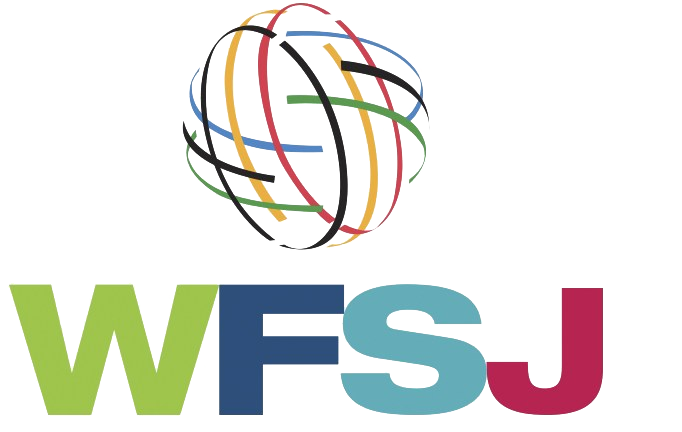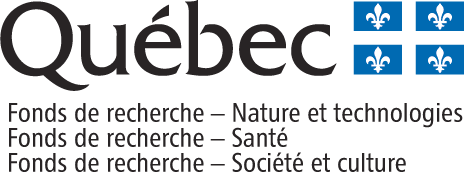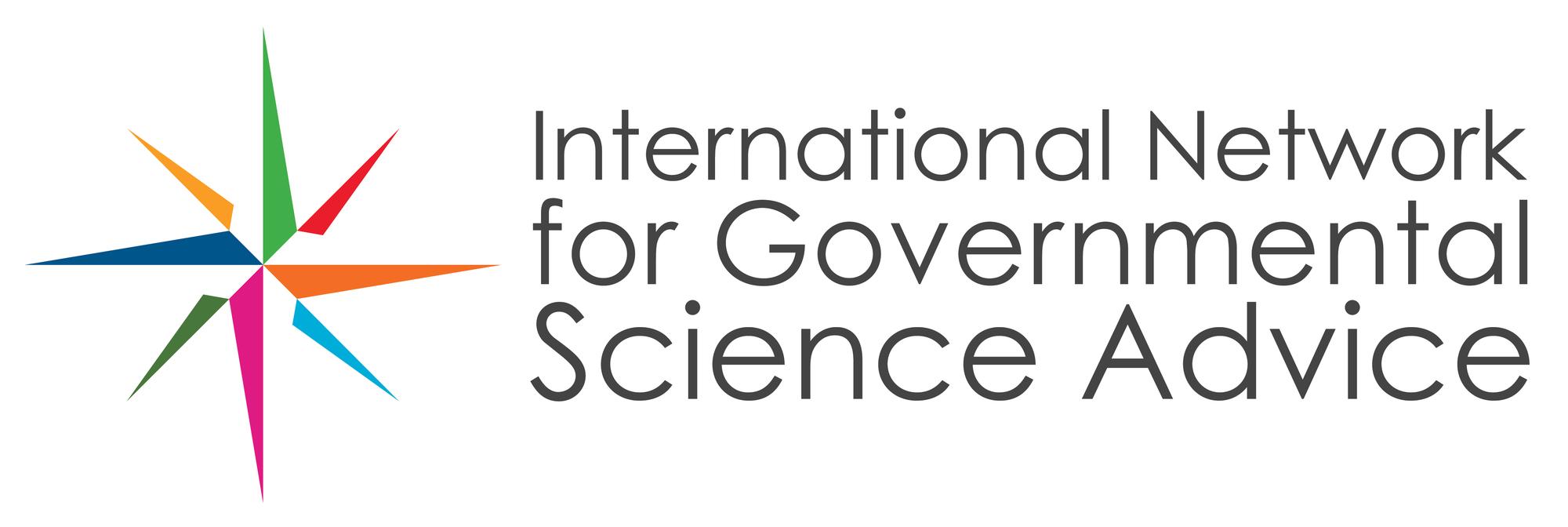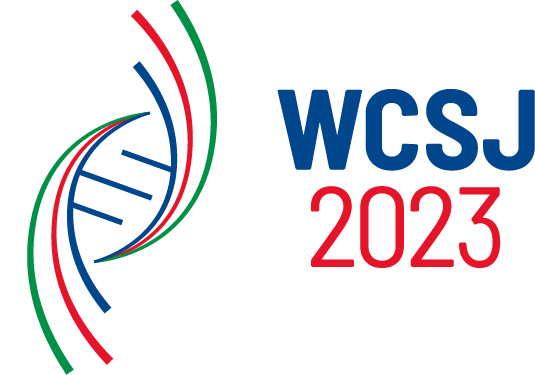Giving & taking scientific advice: why inclusiveness matters
Organized by WFSJ, FRQ-INGSA, and SciCom
 |
 |
 |
 |
This high-level panel brings together speakers from three continents to examine how scientific evidence feeds into policy-making and the tensions that can arise between scientific information and societal and political directions. Countries large and small, developed and developing, are expressing greater interest in implementing ‘science diplomacy’ through politics for the purpose of representation, cooperation, resolving disputes, improving systems, and securing the right to science for citizens and our most vulnerable populations.
Moderated by a science journalist, speakers will argue that a new type of diplomacy and dialogue is necessary to navigate this changing landscape. Traditionally, states have been the principal actors exercising the practice of diplomacy as a means of managing their international relationships. The emergence of new global challenges from pandemics, cross-border energy supply, preventable diseases linked to lifestyle, shifting geo-political environments, and the linkages between health and ageing, trade, intellectual property, and human rights etc., present stakeholders with a complex matrix of technical and relational challenges. At the same time, it is imperative that we work in ways that are transparent and open to a diversity of contributors and ideas. Assessing benefit versus risk in adopting an innovation is complex and depends upon an open dialogue, often influenced by media, but claim versus counter-claim often leaves citizens wondering who they can really trust.
Panellists with unique, first-hand insights into real-life best practices and pitfalls will spotlight how new disciplines and voices are being integrated into decision-making. Accepting that societal problems are not necessarily problems with purely scientific solutions, speakers will underscore that meeting global challenges demands not only scientific discovery and innovation, but greater inclusiveness and dialogue. For example, an important focus will be on Latin America and Africa’s determination to not only harness STI for their development, but to become full and active partners in global knowledge partnerships.
The panel’s common cause is to promote science for social justice. If we accept the potential of “evidence-based policy-making above evidence-biased policy-making”, as the common currency underpinning stakeholder interactions, we must equally leverage control at the highest political levels to remove barriers preventing fair access for all to the benefits of science, as a global public good.
Examining all spokes in the policy-making wheel, we gather the first-hand political insights of a sitting Latin American Deputy Minister and the practical experiences of a North American Chief Science Adviser. We learn from the Vice President of an African Council for Scientific & Industrial Research about how important science-based issues are to the regeneration of post-colonial societies and the conduct of their foreign policy. Finally, we see life through the eyes of a bench scientist and open science researcher, now helping build a global community of governmental science advisory networks on every continent.
- Date: March 28, 2023
- Time: from 2:00pm to 3:30pm
- Room: Orquideorama
Moderator: Kai Kupferschmidt
Speakers: Dr Ndumiso Cingo, Gustavo González, Prof. Rémi Quirion, Soledad Quiroz
